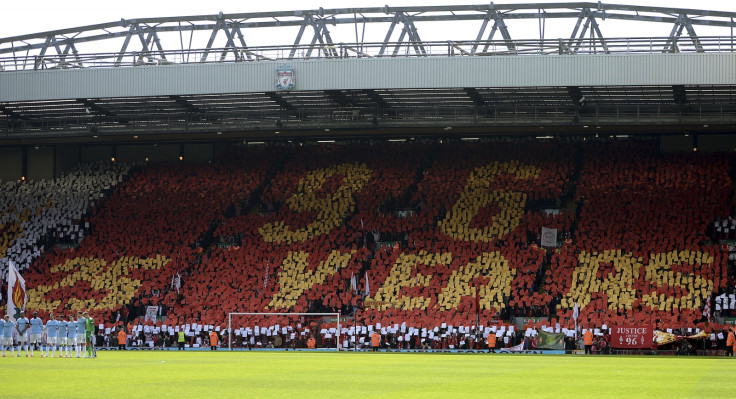Hillsborough disaster: Why have freemasons been banned from the 1989 tragedy 'cover up' probe?

Freemasons have been banned from taking part in an independent police inquiry into allegations of a cover up of the causes of the 1989 Hillsborough disaster, which killed 96 Liverpool football fans. The Independent Police Complaints Commission (IPCC) claimed that the move was to make sure the investigation was not biased by the fact that a senior officer who allegedly helped shift the blame from the police over the tragedy was a senior freemason.
The IPCC, which is carrying out the cover-up inquiry as well as a criminal investigation into the planning and policing of the 1989 FA Cup, has decreed that freemasons cannot be employed in any capacity of its investigations, defying an earlier court ruling that forbade discrimination against the group. It comes as inquests into the 96 deaths have heard allegations that a key suspect was a member of the secretive organisation, the Times reported.
"The IPCC is examining whether there was any form of influence on the decision-making of the police involved in the disaster, arising from the membership of any organisation or groups. The IPCC has policies in place which are aimed to maintain the integrity of our investigations and to ensure there is no actual or perceived bias," an IPCC spokeswoman said.
In December it was claimed that senior South Yorkshire police officers who were freemasons orchestrated a conspiracy to shift the blame for the Hillsborough disaster onto Superintendent Roger Mason. A former police constable, Maxwell Groome, said that the meeting had been attended by Chief Superintendent David Duckerfield, who he believed was the "grandmaster" of the Dore Masonic Lodge in Sheffield.
He said that he and other officers were duped into changing their statements to avoid criticising senior officers which, it is alleged, made a catalogue of errors on the day that eventually led to the crush in the heavily overcrowded Lepping Lane terrace at Hillsborough. Groome told an inquest that officers on the scene were told not to record their statement in official police pocketbooks by seniors, many of which he claimed were masons.
A spokesman for the United Grand Lodge of England told the Times Friday that the ban is "based on uninformed fears and is totally unnecessary. Our members see this as being a slight on them." It added that the organisation was complying fully with the police inquiry into the allegations of a cover-up. The European Court of Human Rights said in 2007 that freemasons did not have to identify themselves when applying for public posts.
© Copyright IBTimes 2024. All rights reserved.







